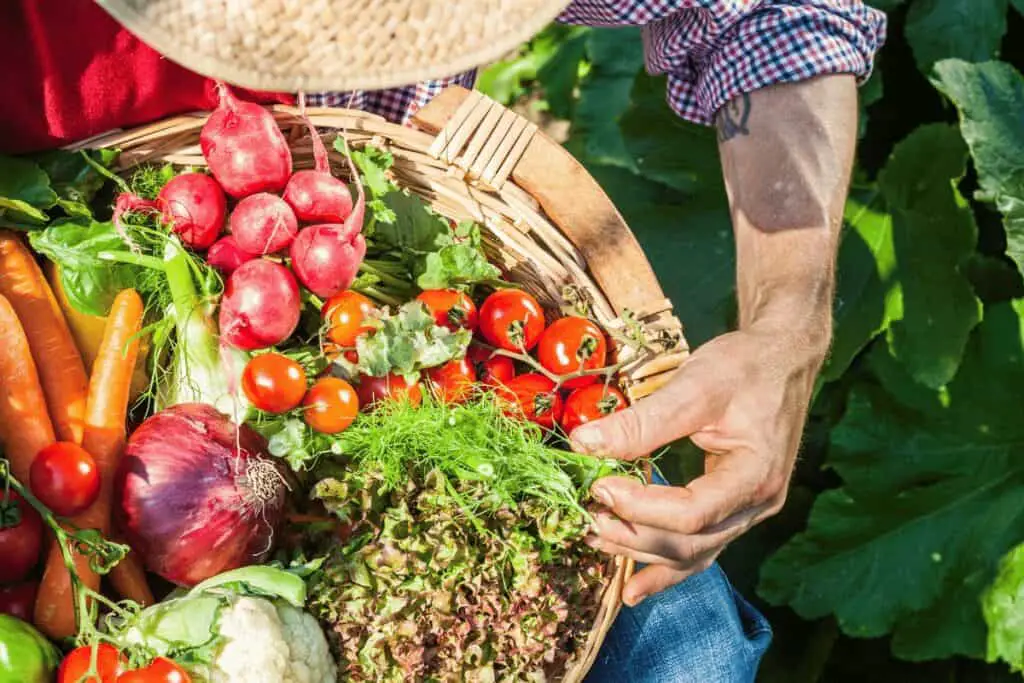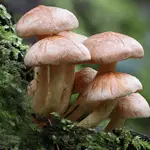Gardening can be a fun and rewarding hobby, but it can also be a bit challenging when it comes to getting the most out of your garden. However, with the right tips and tricks, you can maximize your garden’s output and enjoy a bountiful harvest. In this article, we’ll cover 12 Amazing Tips To Boost Your Garden Output
1. Use No Dig Gardening
One of the most effective ways to boost your garden output is to use a no-dig gardening approach [3]. This method involves applying a 10cm (2 inches) thick layer of compost, such as commercially available Mushroom Compost or homemade compost, to your existing garden beds [1]. This helps to maintain the soil’s delicate ecosystem and keep it functioning as it should, which in turn can lead to healthier and more productive plants.
2. Grow up Instead of Out
Another way to maximize your garden’s output is to grow your plants up instead of out [2]. Vertical gardening allows you to grow more plants in a smaller space, which can lead to a higher yield per square foot. Additionally, plants grown on support are less likely to suffer from disease problems.
3. Choose the Right Tomato Varieties

Tomatoes are a staple in many gardens, but not all tomato varieties are created equal. If you’re looking to maximize your tomato yield, consider choosing indeterminate varieties, which continue to grow and produce over a long period, often until frost [2].
There is a really good video by Charles Dowding that shows how this technique has been used repeatedly, to optimize the output of a small space. 5. Multi-Sow Seeds Multi-sowing of seeds is a technique that allows the gardener to plant more vegetables in a given space. The technique involves sowing plants in clumps, rather than as a single plant.
Choose indeterminate varieties, which continue to grow and produce over a long period, often until frost. Grow tomatoes in wire cages or support them by tying them to 7-foot-tall wood stakes driven 2 feet into the ground. Cage-grown tomatoes require minimal attention but are more prone to fungal diseases.
4. Manage Fertility, Pests, and Diseases
In order to get the most out of your garden, it’s important to manage fertility, pests, and diseases in a sustainable and eco-friendly way [3]. By working with nature, rather than fighting against it, you can help to create the ideal conditions for your plants to thrive.
5. Companion Planting
Companion planting is the practice of planting certain plants together that have a beneficial relationship. For example, planting marigolds near your tomatoes can help to deter pests and improve the health of your tomato plants. By using companion planting, you can create a healthier, more productive garden.

6. Rotate Your Crops
Rotating your crops can help to prevent soil-borne diseases and pests from becoming established in your garden. By rotating your crops each year, you can help to keep your garden healthy and productive.
7. Use Mulch
Mulching your garden can help to conserve moisture, suppress weeds, and regulate soil temperature. By using mulch, you can create a more favorable growing environment for your plants and improve your garden’s output.
8. Water Consistently
Watering your plants consistently is essential for their health and productivity. Make sure to water your plants deeply and regularly, taking care not to overwater or underwater.
9. Use the Right Soil
The right soil is important for a successful garden. Choosing soil with organic materials like peat moss will help with drainage while using compost can add nutrients to the soil [1]. Miracle-Gro Performance Organics All Purpose In-Ground Soil can be blended into the existing soil to help aerate it, even the hardest and rockiest soil, and encourage sandy soil to hold water longer [2]. Garden soil is great for a wide range of plants and gardens, including lawns, flowers, herbs, vegetables, and fruits as it is formulated to provide the nutrients and components needed for a healthy and prosperous garden [3].
10. Leave Old Plants to Overwinter
As part of their annual fall cleanup, many people dutifully go around their gardens and cut back perennial plants before the first snow falls. This includes deadheading spent flower heads, trimming stalks down to the soil surface, and throwing a layer of mulch over them.”
11. Multi-Sowing Seeds
Multi-sowing of seeds is a technique that allows you to plant more vegetables in a given space. This technique involves sowing plants in clumps, rather than as a single plant [1].
12. Choose Indeterminate Varieties
Choose indeterminate varieties, which continue to grow and produce over a long period, often until frost. These varieties are better suited for increasing your garden output. For example, grow tomatoes in wire cages or support them by tying them to 7-foot-tall wood stakes driven 2 feet into the ground [2].
Conclusion 12 Amazing Tips To Boost Your Garden Output
In conclusion, there are various ways to boost the output of your garden. From utilizing vertical space by espaliering fruit trees [1], to improving the soil quality with coffee grounds and worm castings. By implementing these tips, you can increase the productivity of your garden and enjoy a flourishing and bountiful yield.
FAQs
What can I add to my soil to make it better?
The best way to improve soil is by adding organic matter. Organic matter can fix various soil problems such as compaction, poor drainage, low nutrient content, clay or sand soil, and more [1].
Compost, made up of organic matter, is an excellent choice for adding to soil. You can make your own compost using kitchen scraps and other household items that have broken down [3].
Another ingredient that you can add to your soil is banana peels. When you bury chopped banana peels in the soil, it can enrich the soil with potash and phosphorous content [2].
Does baking soda help plants grow?
Baking soda can be beneficial to some plants. It can act as a fungicide or insecticide, helping to control fungal diseases like powdery mildew and damping-off disease in seedlings [2].
However, too much baking soda can raise the pH level of the soil, making it too alkaline for most plants. Therefore, it is essential to use it in moderation and with caution.
Latest Posts
- What Types of Lettuces Can You Grow?

- How to Plant Onion Seeds for Maximum Germination

- How to Plant Parsnip Seeds for Maximum Germination

- How to Plant Mushroom Seeds for Maximum Germination

- How to Plant Lettuce Seeds for Maximum Germination

- How to Plant Kale Seeds: A Step-by-Step Guide to Maximum Germination Success!





